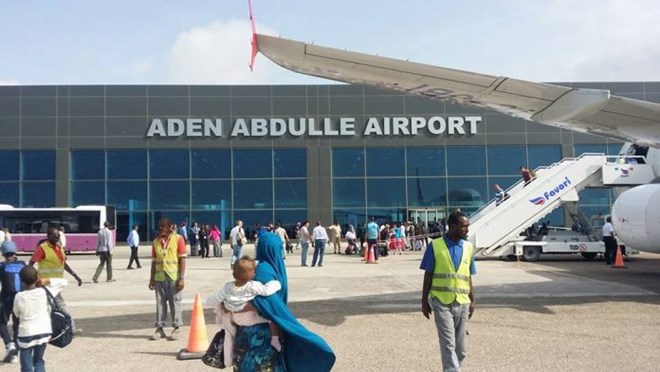MOGADISHU, Somalia — Somali airlines have announced they will ground all flights starting Jan. 22, escalating a standoff with the federal government, which heavily depends on flight taxes at Mogadishu’s airport for revenue.
The decision follows months of unresolved disputes where airlines have voiced grievances over not only aviation policies but also the government’s operational support, which they claim has been lacking. This suspension comes as a direct response to these unaddressed concerns.
The implications of this move are profound, particularly for the southern regions of Somalia. Air travel in these areas is not just a convenience but a necessity, given the security threats that render road travel extremely dangerous.
The cessation of flights could isolate communities, disrupt supply chains, and cut off access to essential services.
The impact extends beyond commercial travel; humanitarian operations that rely on air transport for aid delivery are now at risk, threatening to deepen the crisis in a nation already struggling with transportation infrastructure.
The Somali government, which has not yet issued an official response to the airlines’ action, faces a critical moment.
With flights set to stop in less than a day, the uncertainty looms over whether negotiations will resume or if this conflict will lead to a prolonged disruption in air services, affecting both the economy and the daily lives of Somalis.







